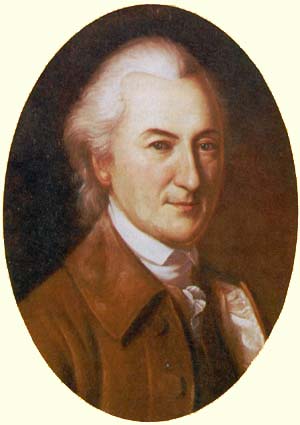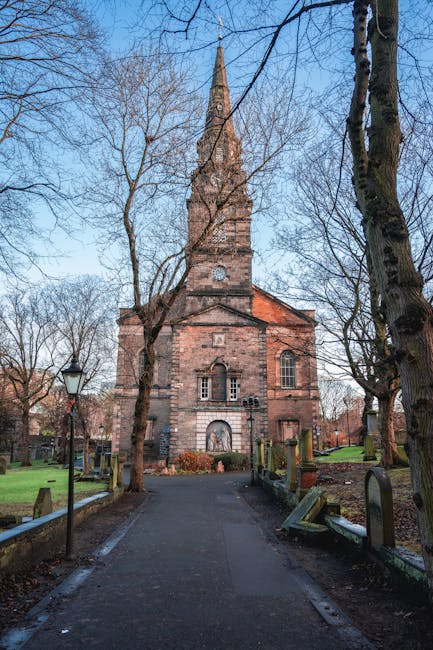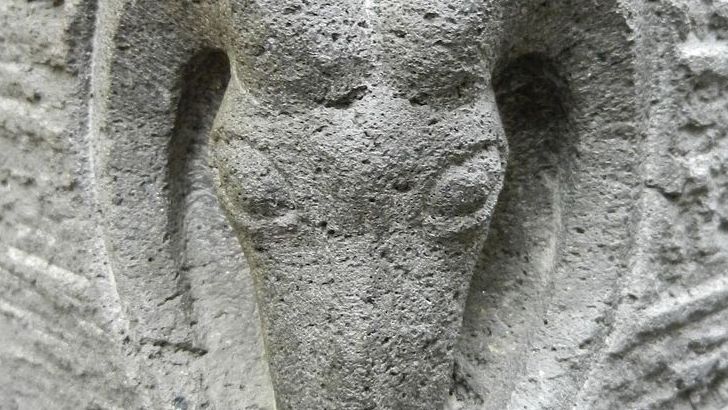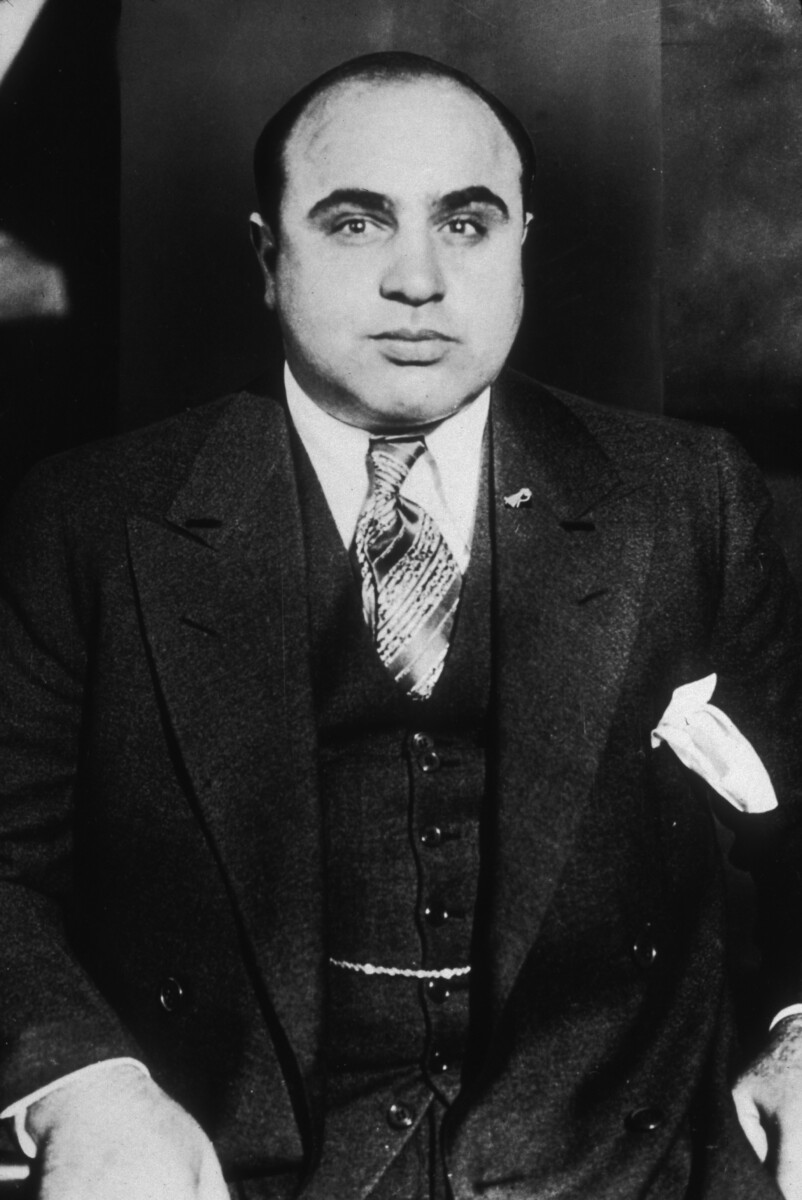The Myth of Universal Support for Revolution

The story of the American Revolution often gets told as if every colonial leader stood united behind the cry for independence. But that’s not quite how it happened. Revolutionaries who supported Independence from Britain had never achieved a majority and there were still many colonists who attempted to remain neutral on the matter. Even among the men we now honor as Founding Fathers, the path to independence wasn’t clear-cut or unanimous. Some of the most brilliant minds of their generation actually opposed breaking away from Britain, at least initially.
John Dickinson: The Reluctant Revolutionary

Dickinson was known as the “Penman of the Revolution” for his twelve Letters from a Farmer in Pennsylvania, published individually in 1767 and 1768, yet he opposed declaring independence in 1776. When the Second Continental Congress began the debate on the Declaration of Independence on July 1, 1776, Dickinson reiterated his opposition to declaring independence at that time. This wasn’t because he supported British policies – quite the opposite. But through it all, agreeing with George Read and many others in Philadelphia and the lower counties, Dickinson’s objective at first was reconciliation, not independence and revolution.
Dickinson knew that independence was inevitable but strongly opposed the timing. He felt the move should be postponed until the colonies were more united and could obtain foreign alliances. His principled stance cost him dearly in terms of political relationships and reputation among his more radical colleagues.
The Cautious Conservative Who Shaped America

A cautious conservative, he opposed independence as a dangerous break with the past. One prominent historian has labeled Dickinson “an American Burke.” Like the famous British critic of the French Revolution, Dickinson valued tradition and stability over rapid change. He abstained from voting on the question of independence on July 2 and also decided not to sign the Declaration of Independence. Following the rule that no delegate would remain in the Second Continental Congress at that time without signing the Declaration, Dickinson voluntarily left and then joined the Pennsylvania militia.
His military service actually won him respect from former critics who had questioned his patriotism. Despite opposing the timing of independence, Dickinson proved his commitment to America by taking up arms when war came.
Economic Motivations Behind Opposition

Not all opposition to independence came from philosophical concerns about timing or tradition. Parliament’s attempt to maintain control over colonial economies caused many merchants great distress. However, for some of the wealthiest merchants, independence still brought the tremendous risk of being shut out of British markets for trade. Though many of them had disagreed with Parliament’s direct taxation of the colonies, even that often wasn’t enough reason for them to support changing the economic system that had made them their fortunes.
These economic considerations created complex loyalties that didn’t fit neatly into patriot or loyalist categories. Some colonists criticized British policies while still preferring to remain within the empire for practical reasons.
The Loyalist Founding Fathers We Forgot

Approximately one-fifth of Americans supported Britain during the American Revolution. Although their exact numbers are uncertain due to the inherent difficulty in determining who qualified as a “Loyalist,” also sometimes referred to as a “Tory.” Among these were men who had previously been colonial leaders and could have been considered founding fathers under different circumstances. William Franklin, the royal governor of New Jersey and son of Patriot leader Benjamin Franklin, became the leader of the Loyalists after his release from a Patriot prison in 1778. He worked to build Loyalist military units to fight in the war.
Religious Convictions Against Revolution

They felt that rebellion against the Crown—the legitimate government—was morally wrong. They saw themselves as “British born in the colonies” loyal to the British Empire and saw a rebellion against the metropole (Great Britain) as a betrayal to the empire. Many colonial religious leaders, particularly Anglican clergymen, opposed independence on moral grounds. Although many ordinary Anglicans (members of the Church of England, the official state church in several colonies) became Patriots despite their religious beliefs, the vast majority of Anglican clergymen were Loyalists. Many Anglicans wanted to remain loyal to the monarch as the head of state and head of the Church of England.
For these religious leaders, their opposition wasn’t about politics or economics, but about fundamental beliefs regarding authority and obedience to established government.
The Fear of Mob Rule and Anarchy

Still other Loyalists sided with Britain out of fear that a successful revolution in the colonies would produce anarchy and mob rule. Loyalists of these persuasions tended to be older and well educated and therefore more skeptical about radical social change. These fears weren’t entirely unfounded, as revolutionary fervor sometimes led to violence against those perceived as enemies of the cause. Besides the high stakes of leaving the Empire, the behavior of Revolutionaries seeking independence could also be worrisome to some. Those that suffered harassment or violence at the hand of Revolutionaries often disagreed with their fiery nature and became more opposed to the independence movement as a result.
Pennsylvania’s Divided Delegation

The complexity of colonial attitudes toward independence played out dramatically in Pennsylvania’s delegation to the Continental Congress. Dickinson and Robert Morris abstained and allowed the Pennsylvania delegation’s vote for independence, despite their personal opposition. This wasn’t unusual – many delegates found themselves torn between personal convictions and political pressure. The decision to support independence often came down to calculations about unity and timing rather than wholehearted enthusiasm for the cause.
The Olive Branch Petition’s Last Hope

Dickinson wrote the Olive Branch Petition as the Second Continental Congress’ last attempt for peace with King George III, who did not read the petition. This document represented the final effort by moderate colonists to avoid a complete break with Britain. However, British King George III discarded Dickinson’s Olive Branch Petition. King George III did not even bother to read the document, which dashed Dickinson’s hope of reconciliation with Great Britain and ended the possibility of a nonviolent solution to the conflict between the colonies and Britain.
Regional Variations in Support

Just as Revolutionaries enjoyed more support in certain colonies, so did Loyalists. Larger numbers of Loyalists existed in New York, Pennsylvania, and the southern colonies, but even Revolutionary strongholds like Massachusetts contained some Loyalists. During the spring of 1776, numerous Massachusetts towns voted on the question of independence. Many, but not all, voted to support independence. One town that voted to oppose the idea was Barnstable, Massachusetts. This shows that even in the most revolutionary areas, opposition to independence persisted among ordinary colonists and their leaders.
The Silent Opposition

Many Loyalists only privately opposed the actions of the Patriots and the cause of American independence. Speaking out more noticeably in support of the British would have risked intimidation, threats, and harassment by the Patriots, who saw all Loyalists, regardless of their individual circumstances, as selfish, cowardly people. This silent opposition makes it difficult for historians to determine exactly how many colonial leaders harbored doubts about independence. The political climate made public dissent increasingly dangerous as the Revolution progressed.
The Transformation After Independence

Interestingly, many who initially opposed independence later became strong supporters of the new nation they had helped create, albeit reluctantly. After his service in Pennsylvania, Dickinson returned to Wilmington, Delaware, where he was quickly appointed to represent Delaware at the Annapolis Convention, where he served as its president. In 1787, Delaware sent him as one of its delegates to the Constitutional Convention of 1787, along with Gunning Bedford Jr., Richard Bassett, George Read, and Jacob Broom. There, he supported the effort to create a strong central government but only after the Great Compromise assured that each state, regardless of size, would have an equal vote in the future United States Senate. His evolution from independence opponent to Constitution supporter shows how complex and nuanced the founding generation’s political journey really was.
The story of America’s founding isn’t just about brave revolutionaries defying tyranny – it’s also about thoughtful, principled people who wrestled with difficult decisions about loyalty, timing, and the best path forward for their communities. Understanding this complexity helps us appreciate just how remarkable it was that these diverse voices eventually came together to create a lasting union.






